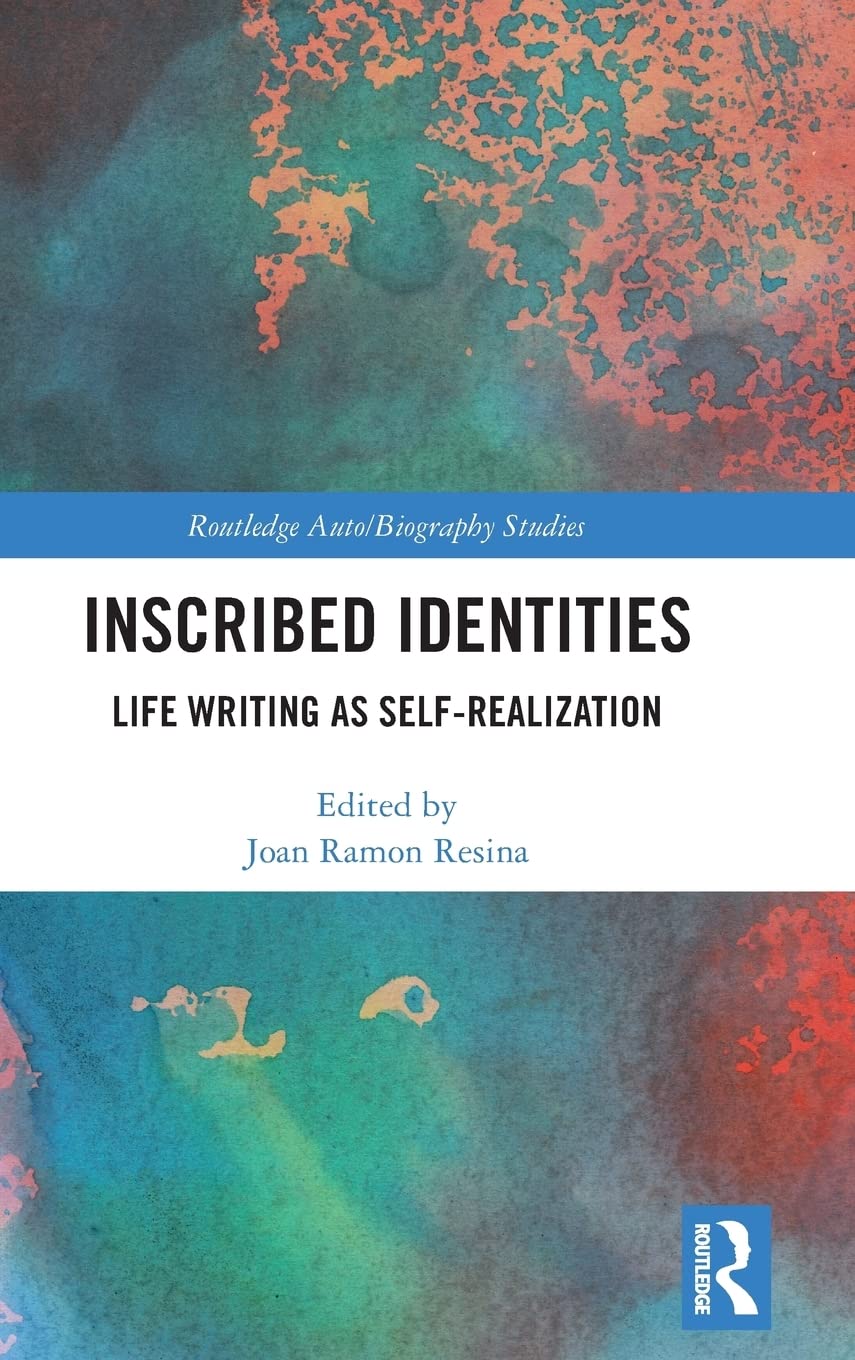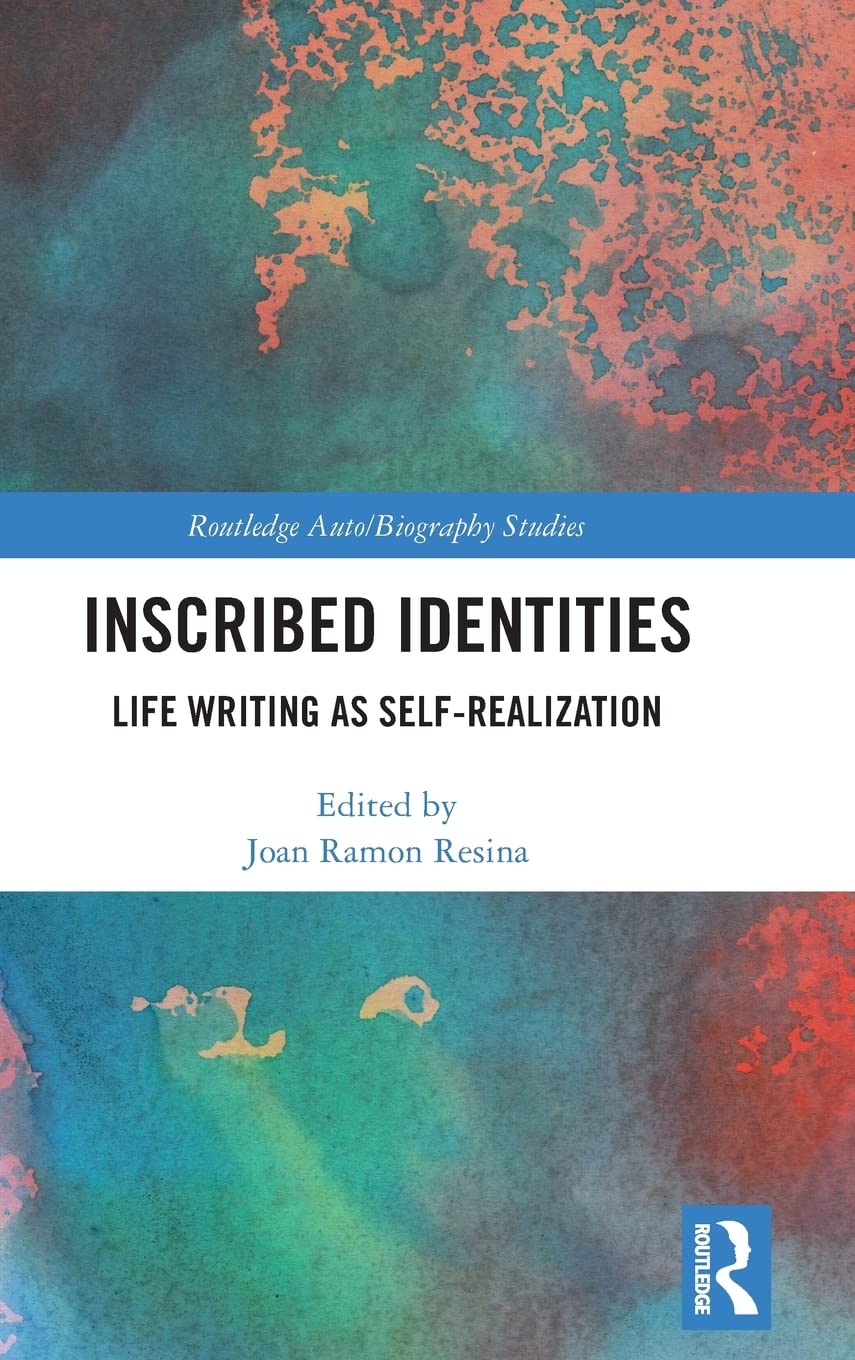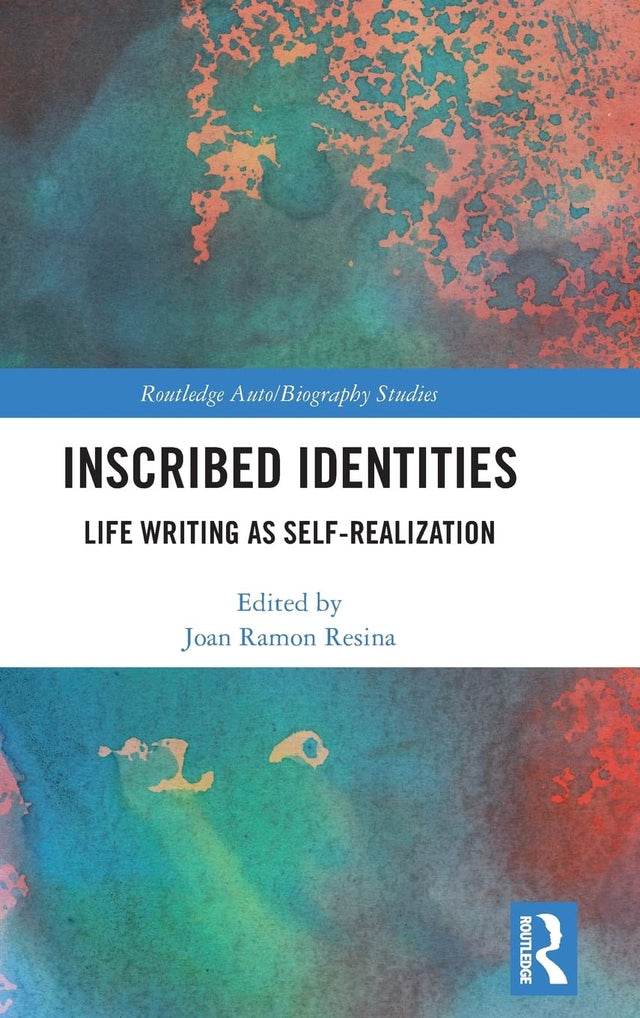Inscribed Identities: Life Writing as Self-Realization
Inscribed Identities: Life Writing as Self-Realization is backordered and will ship as soon as it is back in stock.
Couldn't load pickup availability
Genuine Products Guarantee
Genuine Products Guarantee
We guarantee 100% genuine products, and if proven otherwise, we will compensate you with 10 times the product's cost.
Delivery and Shipping
Delivery and Shipping
Products are generally ready for dispatch within 1 day and typically reach you in 3 to 5 days.
Book Details
-
Publisher: Routledge
-
Author: Joan Ramon Resina
-
Language: English
-
Edition: 1st Edition
-
ISBN: 9780367077082
-
Pages: 221
-
Cover: Hardcover
-
Dimensions: 9.3 x 6.2 x 0.8 inches
About the Book
Life-Writing and the Other by Joan Ramon Resina delves into the fascinating realm of life-writing, exploring the evolution and complexity of autobiographical expression. Autobiography, as a genre, has long been associated with profound self-reflection and self-exposure, with iconic works such as Augustine’s Confessions and Rousseau’s The Confessions paving the way for modern interpretations of self-narrative. Through its rich historical context, the book traces the intellectual trajectory of autobiographical works and their critical discourse, focusing on the shift from traditional autobiographies to the broader, more versatile concept of life-writing.
In this groundbreaking study, Resina investigates how life-writing extends beyond mere records of the self to become a transformative space where identity is not only constructed but also contested. Drawing from Foucault's theory of "Self Writing," the book examines how life-writing reflects the tension between personal identity and societal expectations. The author highlights how this genre can give voice to marginalized identities, producing alternative scenarios of identification or even deconstructing the very notion of the self.
This book will be invaluable to students, scholars, and enthusiasts of literary theory, cultural studies, and autobiography, offering new perspectives on how life-writing functions as both a personal and collective act. Its exploration of language’s performativity and the retrospective power of life-writing provides a deeper understanding of the genre’s role in shaping not only individual identities but also collective narratives.







